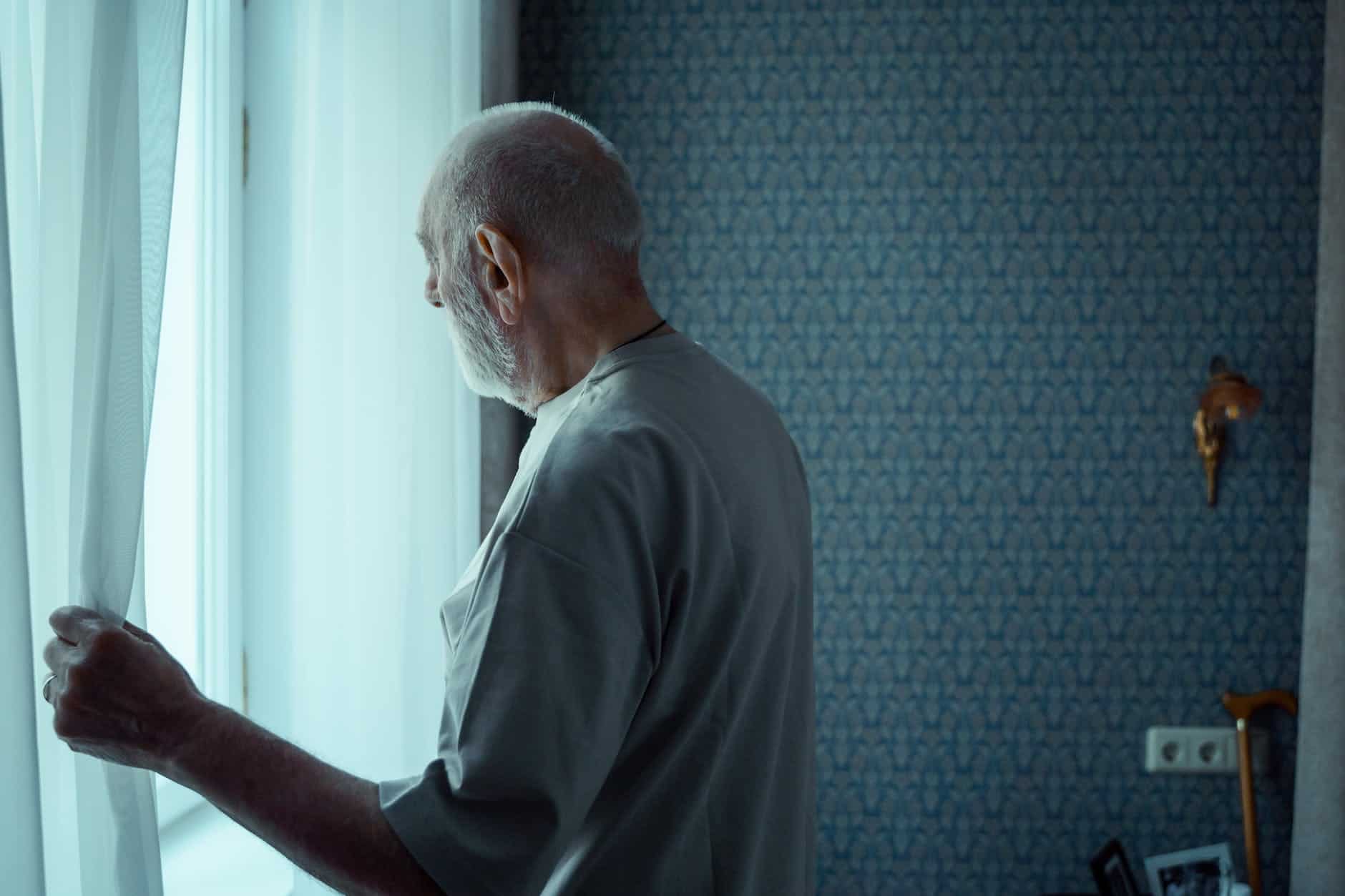In Switzerland, almost 1.7 million people were aged 65 or older at the end of 2021, a figure that makes up 19% of the population, according to data published on 28 August 2022. Photo by cottonbro on Pexels.comIn 2021, one woman in five and one man in six was aged over 64, according to the Federal Statistical Office (FSO). Switzerland’s dependency ratio, which is the percentage of the population over 64 divided by the working age population1, reached 31.1% in 2021, the highest it has been. In 1985, Switzerland’s dependency ratio was 24.5%, 6.6 percentage points lower. The steep rise in Switzerland’s dependency ratio is driven by two forces. One is lower birth rates and the other is rising life expectancy. Between 1985 and 2021, life expectancy at birth rose by 7.5 years for men and
Topics:
Investec considers the following as important: Editor's Choice, Human interest, Personal finance, Politics
This could be interesting, too:
Investec writes The global brands artificially inflating their prices on Swiss versions of their websites
Investec writes Swiss car insurance premiums going up in 2025
Investec writes The Swiss houses that must be demolished
Investec writes Swiss rent cuts possible following fall in reference rate
In Switzerland, almost 1.7 million people were aged 65 or older at the end of 2021, a figure that makes up 19% of the population, according to data published on 28 August 2022.

In 2021, one woman in five and one man in six was aged over 64, according to the Federal Statistical Office (FSO). Switzerland’s dependency ratio, which is the percentage of the population over 64 divided by the working age population1, reached 31.1% in 2021, the highest it has been. In 1985, Switzerland’s dependency ratio was 24.5%, 6.6 percentage points lower.
The steep rise in Switzerland’s dependency ratio is driven by two forces. One is lower birth rates and the other is rising life expectancy. Between 1985 and 2021, life expectancy at birth rose by 7.5 years for men and 4.9 for women. Life expectancy at 65 rose 4.4 years for men and 3.5 years for women. Currently, a man making it to 65 can expect to live until the age of 84.3 and a woman to the age of 87.2.
Lower birth rates are longer life expectancy threaten to push the Swiss pension system into the red.
Extending the working age by 4 years to 68 would bring Switzerland’s dependency ratio back down to 24.3%, slightly below where it was in 1985 (24.5%). An extra 4 years is roughly equal to the rise in life expectancy at 65 between 1985 and 2021 (+4.4 for men; +3.5 for women).
On 25 September 2022, Swiss voters will vote on government plans to reform the pension system. One element of this is equalising the retirement age to 65 for both men and women – the current age for women is 64.
Some politicians have argued for a system linking retirement age to life expectancy. However, currently, resistance remains against the government’s plan to raise the retirement age of women by one year.
More on this:
FSO press release (in French) – Take a 5 minute French test now
1 20 to 64 years old.
For more stories like this on Switzerland follow us on Facebook and Twitter.
